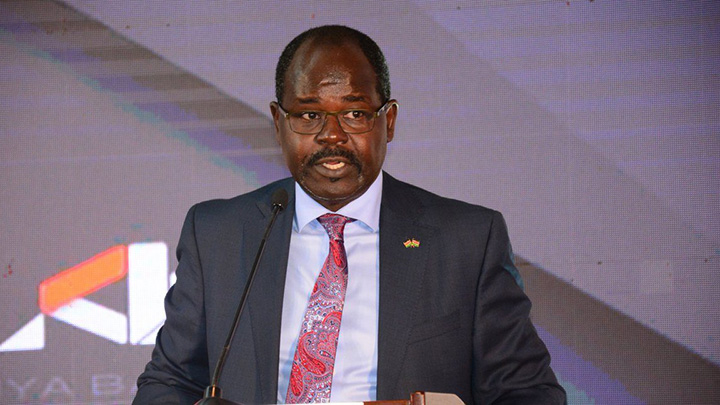A report commissioned by Kenya Bankers Association (KBA) has revealed that the Total Tax Contribution (TTC) by banks operating in Kenya increased by 39.94 per cent to Sh181.27 billion in 2022.
The 2022 Total Tax Contribution study of the banking sector in Kenya was conducted and compiled by renowned audit company Pricewaterhousecoopers (PWC) on behalf of KBA.
PWC Kenya’s Country Senior Partner and Regional Senior Partner, Eastern Africa Peter Ngahu the tax contribution grew despite the tough economic environment in Kenya in 2022.
“This was despite a challenging environment characterised by increased inflation, prolonged drought, depreciation of the Kenyan shilling against major currencies,” said Ngahu.
He added, “Other pressures included geopolitical tensions arising from the Russia-Ukraine conflict, and election-related uncertainties.”
Read More
PWC attributed the TTC growth mainly to corporate tax owing to a significant increase in the balance of tax paid in 2022 and an increase in 2022 instalment taxes.
Both the corporate tax types realized year-on-year growths in the banking sector's profitability of 85 per cent and 22 per cent in 2021 and 2022 respectively.
KBA CEO Dr Habil Olaka says the banking sector is committed to fostering sustained economic growth by supporting businesses despite geopolitical and economic challenges.
“This report continues to demonstrate high levels of transparency and compliance among banks, which highlights sound corporate governance,” noted Dr Olaka.
He added, “There is no doubt that the TCC also underlines the industry’s collective commitment to transparency and tax compliance.”
TTC Key Findings
• 39 banks who took part in the study (97.65 per cent of the market share from a net asset consideration) made a TTC of Sh181.27 billion in 2022, representing a 39.94 per cent increase from Sh129.52 billion recorded in 2021. The 2022 contribution is 8.93 per cent of the total tax collected in Kenya compared to 6.8 per cent in 2021.
• Banking and other financial activities contributed more than 5 per cent to Kenya’s nominal GDP in 2022 underscoring the government’s reliance on the banking sector to spur economic growth and pay its own taxes.
• The Total Tax Rate, which is a measure of the ratio of all taxes borne relative to profitability, was 43.09 per cent compared to 32.85 per cent in 2021, meaning that for every Sh100 of profits, banks paid Sh43.09 to the government in taxes.
• There was a 76.41 per cent increase in Excise Duty collected by the banking sector, making it the only tax analysed in the report that has nearly tripled in the past three years largely due to a wider scope for Excise Duty stipulated in the Finance Act 2021 and growth in non-funded income such as fees and commissions.
• Input VAT expensed by banks (irrecoverable VAT) shot up by 5.99 per cent in 2022 due to a rise in commercial rent owing to opening of new physical branches by banks which increased commercial rent expense.
• Tax continues to be viewed as a key aspect of sustainability given the potential impact of taxes to realise socio-economic cohesion and drive long term prosperity.
The Global Reporting Initiative (“GRI”) has introduced a standard for tax reporting (GRI 207) which provides guidance on public tax reporting.
Similarly, the Principles of Responsible Banking, Nairobi Securities Exchange ESG Disclosures Guidance Manual (for listed banks) also provides a framework for public tax reporting.
Given the significance of taxes paid by banks in Kenya, KBA and PWC argue that there is enough motivation for individual banks to embark on the journey of public tax transparency.
Alice Muriithi, a Partner at PwC Kenya, was the Lead Technical Advisor on the study that used a methodology that only accounted for taxes paid in cash while ignoring taxes accrued.
Muriithi says the study offers an opportunity to quantify and analyse the TTC of the banking sector to facilitate data-driven engagements with policy makers and regulators in Kenya.







-1757663582.jpeg)
